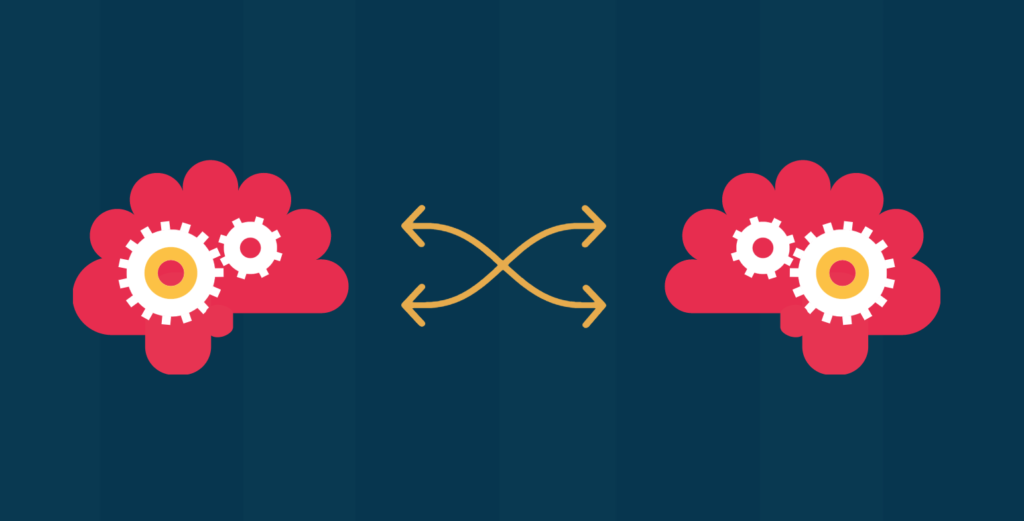Bullet Journaling is the new trend piquing the interest of stationary lovers, productivity seekers, and the wanna-be-organized. Faced with an often overwhelming selection of digital tools in their workplaces, people are turning back to the traditional to-do list: a list of tasks on a piece of paper.
The fascination is in its simplicity. Visit the original Bullet Journal website and you’ll find instructions for how to use a system of dots, arrows, and crosses to organize to-do items.
People are now used to downloading apps for work and learning to use them, synching them with a collection of other tools. To see a tool that simply tells you to “go buy a notebook” is such a blast from the past, it’s grabbing people’s attention.
It’s like the rise of vintage clothing and traditional teaching methods. In the quest for perfect productivity, people are tempted by the idea of a simpler time. Could going back to pen and paper really make us more productive than ever?



